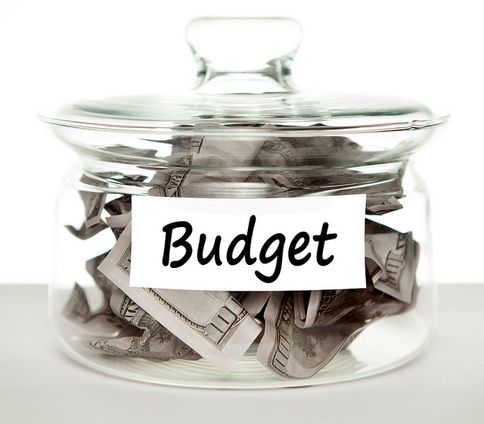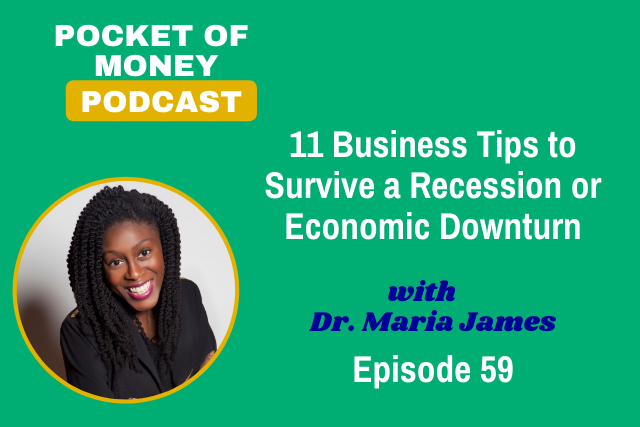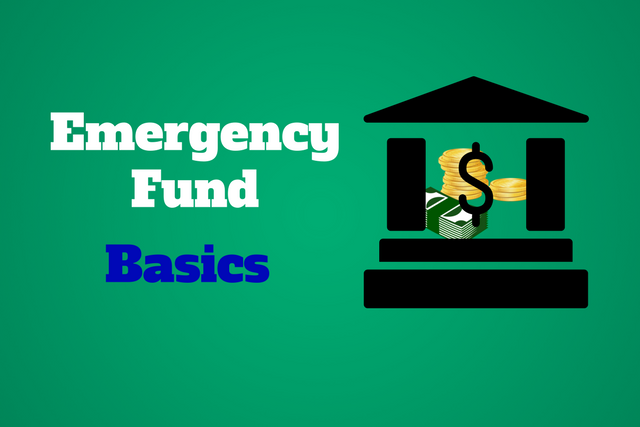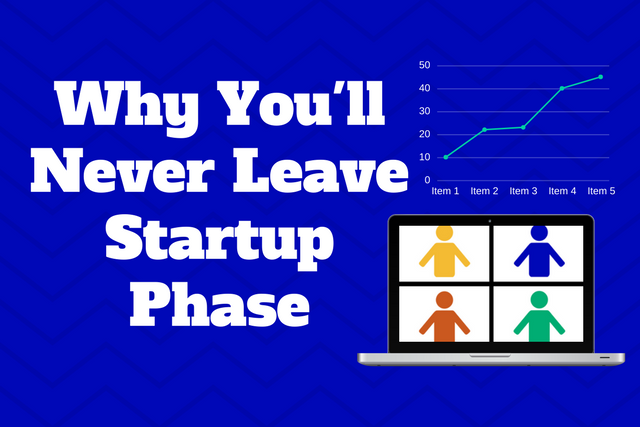Budget for it. 4 steps on how to budget.

What is a budget? Budgets are plans for your future spending and saving or in other words a spending plan. Budgets are important for managing your income and achieving your financial goals and dreams. For many, the term budget often creates a negative feeling or anxiety. However, it doesn’t have to be this way. Do not think of budgets as completely about restriction and abstaining from things you like to do or have. Think of a budget as just a plan for your money, where the money will go. If you plan it out, you’ll have more control over your money. Think about it, any time a person wants to accomplish something he or she must create a plan or write out how it will get done. Your budget will be your plan.
How to create a budget?
Follow the steps below to learn how to create a budget of your own. You can create a budget for any length of time you choose, but the most common and usually most applicable is a monthly budget.
1. Write down all income.
2. Write down all fixed expenses.
3. Write down all expected expenses that are not fixed.
4. Subtract your total expenses from your income. This is money left over.
Use the four steps to create your budget. The money left over shouldn’t be thought of as “do whatever I want” money. Make a plan for that money as well so you’re getting the most out of your money and still having a little fun. If you have a home renovation to do or a vacation to plan or you really really love movies, put it in your budget. Try to account for as many things you spend money on as humanly possible ahead of time by putting those items in your budget.
The easiest method for creating your budget is on pen and paper, but to facilitate monitoring of the budget it’s best to get a little technical. You can use a program such as Microsoft excel to create your budget and track your spending (I use this program myself) or you can opt for something that’s a little more hands off or high tech. If you want something a little more hands off or automated, you can try Mint.com. It allows you to create a budget and input your bank accounts so that it can automatically track your money as you make purchases or any other transaction. Oh and here is an important aspect of Mint that you should know, it’s free! Mint is also completely online. If you want to be able to access your hard work offline then Quicken may be the way to go. Quicken also has more features for those who invest money or have a small business too. Both also have apps that you can use on your mobile devices.
Budget it then analyze it.
Be sure to also analyze how well you did once the month is over. You need to see how well you stuck to the amounts you assigned to each category and where there is room to cut costs. Near the end of the month, also begin to create your budget for the following month. After analyzing how well you did with the budget from the previous month, you may need to tweak the next month’s budget a little. Get started today creating your budgets so that you can achieve your dreams tomorrow.
Do you create budgets? What’s you biggest concern or problem with budgeting money? How do you monitor your budget? Leave a comment and let me know your thoughts.
Photo credit: Tax Credits







[…] Budget for it. 4 Steps on How to Budget – article explaining how to create a budget […]